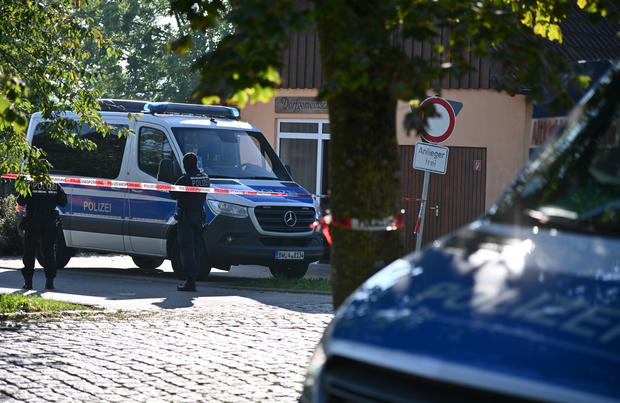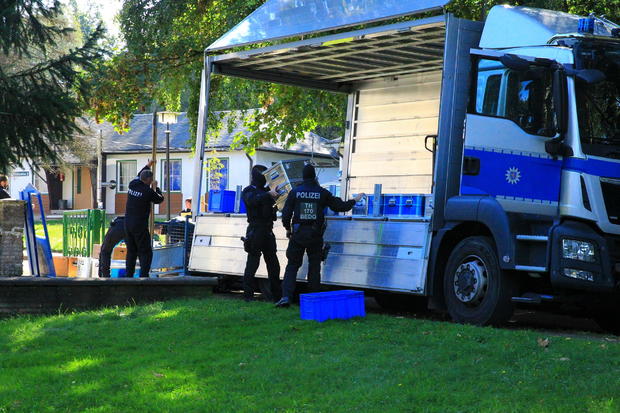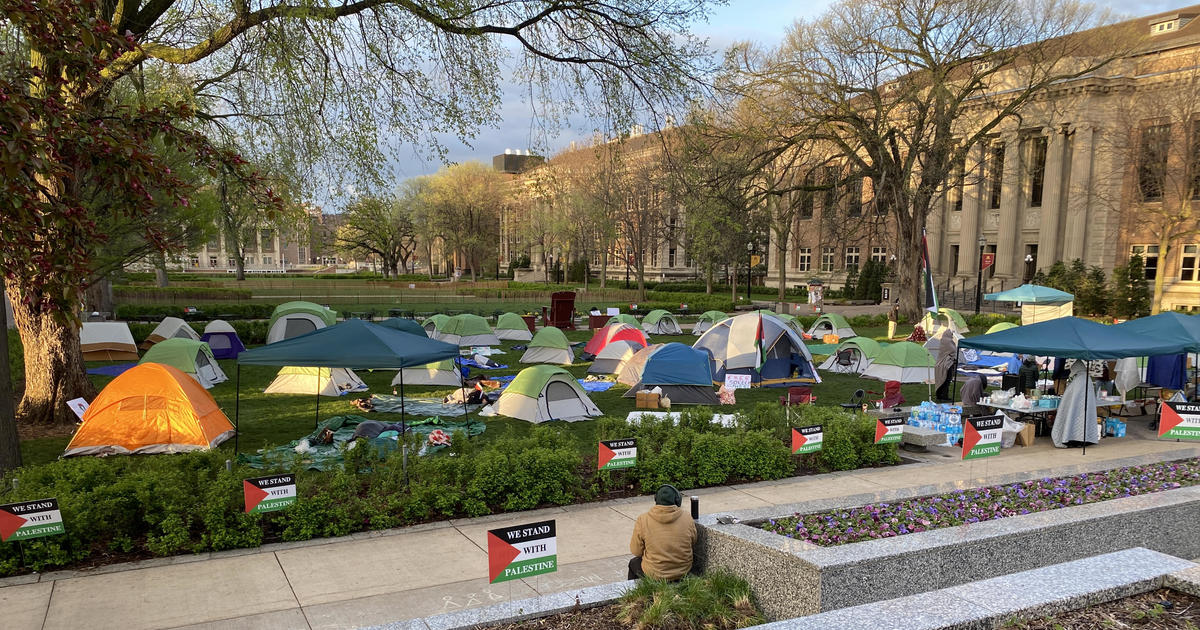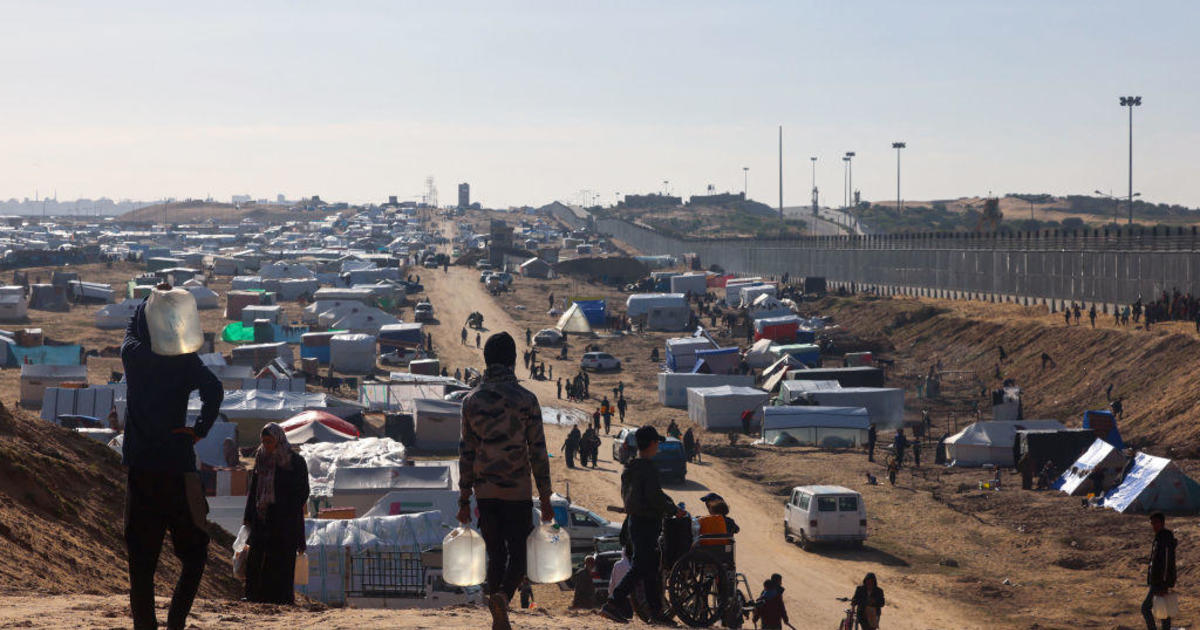Germany bans decades-old neo-Nazi group Artgemeinschaft, accused of trying to "raise new enemies" of the state
Berlin — German police raided the homes of 39 members of an extremist far-right group with neo-Nazi links Wednesday after it was banned in the country. Germany's Interior Ministry banned the sect-like group known as "Die Artgemeinschaft," along with its sub-organizations and internet outlets, calling it a threat to constitutional order in the country.
Artgemeinschaft can still appeal against at the ban at Germany's Federal Administrative Court.
The raids were carried out in 26 locations across 12 German states on Thursday. There were no arrests made during the raids, as police focused on seizing evidence — including banned Nazi symbols and literature — to build criminal cases against the members.
German Interior Minister Nancy Faeser called Artgemeinschaft, which is one of the oldest right-wing extremist groups in the country, "deeply racist and antisemitic," and accused it of trying "to raise new enemies of the constitution."
Artgemeinschaft is believed by security authorities to have had about 90 members, but some of its bigger events could draw up to 300 visitors, including children and young adults.
The group was founded in 1951 and registered as a formal association in Germany in 1957, with its headquarters in Berlin. In the late 1980s, Jürgen Rieger, the co-leader of Germany's since-banned neo-Nazi political party, the NPD, became the leader of Artgemeinschaft.
In its last annual report, the Bavarian Office for the Protection of the Constitution said Artgemeinschaft functioned as an "important interface for the all-German neo-Nazi scene."
The group touted the "superiority of a Nordic-Germanic species of men," and spoke out against that perceived race being diluted by mixing with other "species." The group imposed rules on its followers reminiscent of those enforced by the Nazi regime, including a demand that members follow the "moral law" of their forefathers by finding "like-minded" spouses to "guarantee like-minded children."
It was alleged efforts by Artgemeinschaft to indoctrinate and radicalize children and young people that eventually tipped the scales for Germany's security authorities, drawing the ban and the law enforcement crackdown this week.
The ban on Artgemeinschaft came just a week after another neo-Nazi group, "Hammerskins", was prohibited in Germany. The organization was known for organizing far-right concerts and selling racist music across the country.
CBS News partner network BBC News said Hammerskins was founded in the U.S. in the 1980s, and it was the last major far-right skinhead group to be prohibited in Germany.





